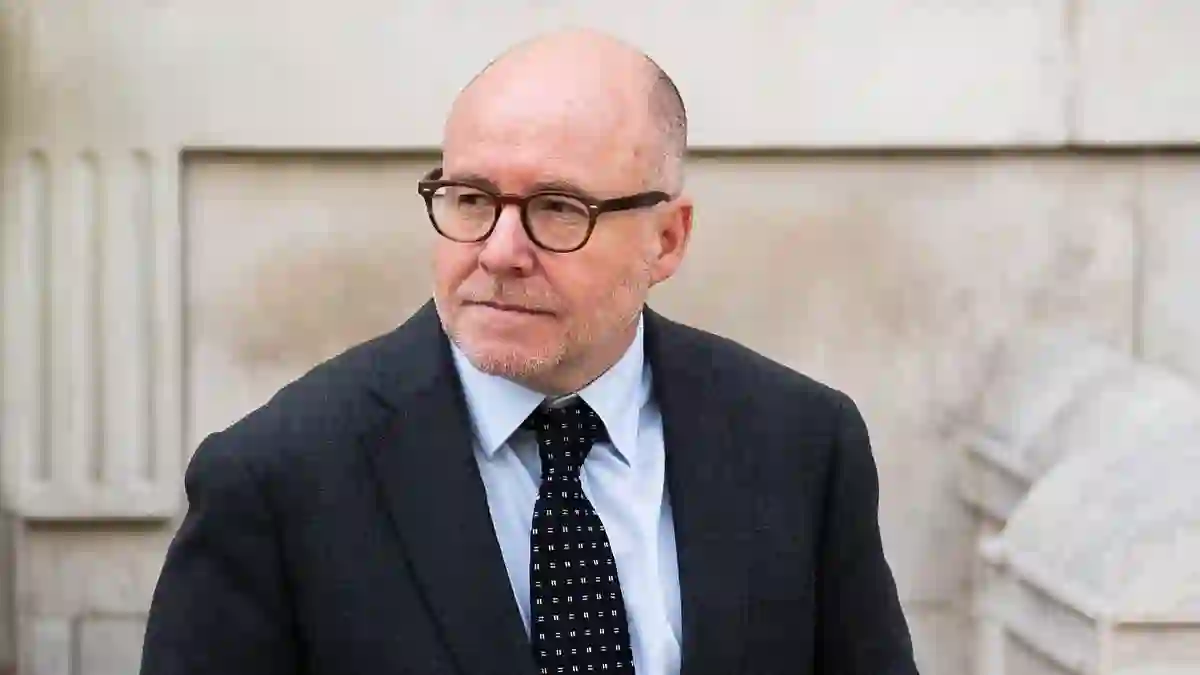There’s growing tension brewing inside the UK government — and at the center of it all is Attorney General Lord Hermer.
New revelations suggest he’s quietly reshaped the way legal advice is given to ministers, effectively handing himself what critics are calling a “veto” over government policy.
A Shift from Braverman’s Tough Stance
Back in 2022, then-Attorney General Suella Braverman had pushed for government lawyers to take a more hands-off approach — essentially discouraging them from standing in the way of ministerial decisions.
But according to documents obtained by The Telegraph, Lord Hermer has now watered down those rules, pulling things in a different direction entirely.
He’s reportedly made dozens of changes to the legal guidance issued to government lawyers, including a highly controversial clause that’s raising eyebrows.
The “Snitch Clause” That’s Stirring Controversy
One of the most talked-about additions is being dubbed the “snitch clause.”
This clause asks civil servants to report directly to the Attorney General if they suspect ministers might be about to break the law.
Hermer’s revised guidance also tells lawyers to assume every ministerial decision could end up in court — a stark contrast from earlier advice that assumed legal challenges were unlikely.
In total, there are said to be 23 new references to international law, reinforcing the idea that legal accountability, even beyond UK borders, should always be top of mind.
Ministers Cry Foul Over Legal Obstruction
Not everyone is pleased with this shift.
Some Cabinet ministers are accusing Hermer of using legal advice to block political decisions.
Just last month, he was reportedly blamed for preventing the UK from supporting Israel during a brief conflict with Iran — something the UK has historically backed.
He also played a significant role in advising that the UK relinquish control of the Chagos Islands, its last overseas territory in the Indian Ocean, following a non-binding international court ruling.
Critics Say Hermer Is Overstepping
Tory figures have come out swinging.
Sir Michael Ellis, a former attorney general himself, didn’t mince words — claiming Hermer has “effectively given himself a veto over all government business.”
Ellis also slammed the “snitch clause,” calling it an outrageous suggestion that ministers can’t be trusted, and that civil servants need to spy on them.
Over in the opposition, Alex Burghart, the shadow chancellor of the Duchy of Lancaster, took it a step further, calling the new guidelines a “surrender charter.”
He accused Hermer of prioritizing activist legal views over the national interest.
Lord Hermer Fires Back
In response to the backlash, a source close to Hermer dismissed the criticism as “desperate nonsense from the Tory party.”
A spokesperson for the Attorney General’s Office echoed that message, saying the team is focused on delivering key priorities like cutting NHS waiting lists, expanding school meal programs, and boosting economic growth.
The spokesperson also stressed that government lawyers provide advice, not decisions — ministers ultimately have the final say on policy.
Final Word Still Unclear
While the debate simmers, questions remain about how much power Lord Hermer truly wields — and whether his version of legal guidance will impact major decisions ahead.
For now, all eyes are on how Downing Street handles the growing tension between law and politics behind the scenes.



